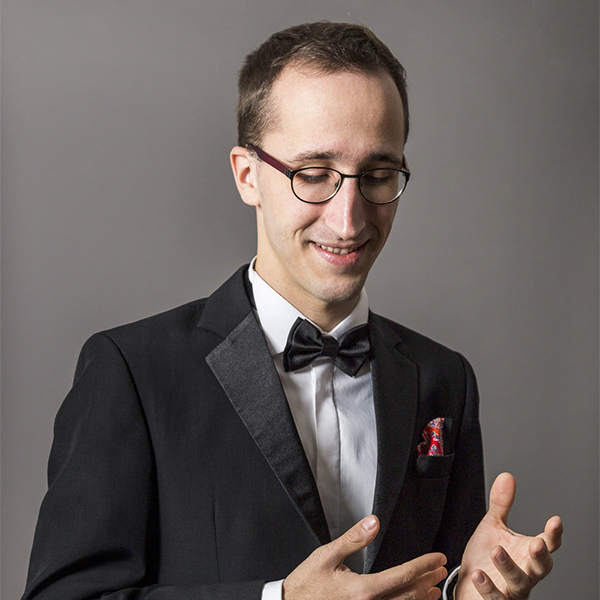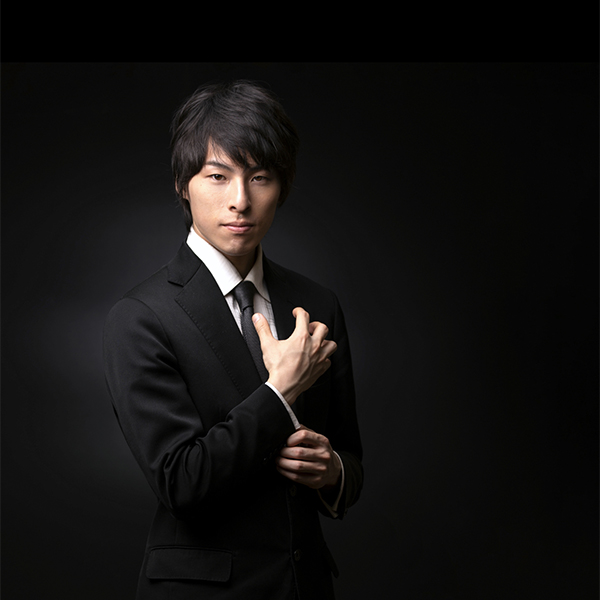by Jarrett Hoffman

A nice balance between forward motion and detail characterized his performance of J.S. Bach’s Chromatic Fantasy and Fugue, BWV 903, which also showcased his magnificent, flowing technique. And though Franz Liszt’s Transcendental Etude, S. 139, No. 4 (“Mazeppa”) included moments of technical unease, Sanchez-Werner’s commitment to the drama of this music was unwavering.

And Alexander Scriabin’s Sonata No. 2 in g-sharp, Op. 19 (“Sonata-Fantasy”) shone a spotlight on Marušić’s magisterial command of color. His portrayal of the composer’s complex and intensely wide range of emotion, from sweet to vengeful, was vivid.

In Frédéric Chopin’s Etude in e, Op. 25, No. 5, Klimo relished the famous “wrong notes,” sometimes making them sound playful, other times dramatically dissonant. And in Marc-André Hamelin’s 2011 Variations on a Theme of Paganini, he captured both the flashiness and the clever, sometimes quirky qualities of this eclectic piece.

Still, he delivered the goods, beginning with Haydn’s Sonata in g, Hob. XVI: 44, which was charming and well-phrased, the direction of each line traced with flair.
He followed with two works in C Major by Ernő Dohnányi. The Aria, Op. 23, No. 1 was a fine example of the pianist’s sense of drama, sensitivity, and warmth. And the Rhapsody, Op. 11, No. 3 made you grin as Yasunami switched back and forth between cheekiness and sweeping glory — the latter a particularly appropriate mood to conclude this first round full of excellent playing.
Published on ClevelandClassical.com June 17, 2021.
Click here for a printable copy of this article



